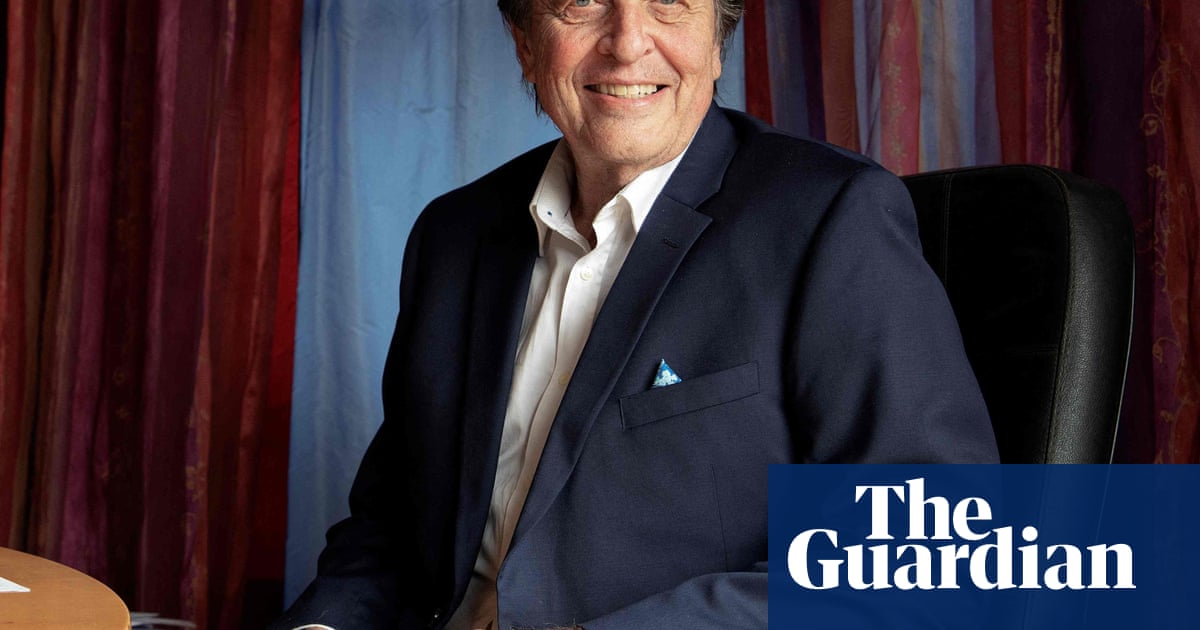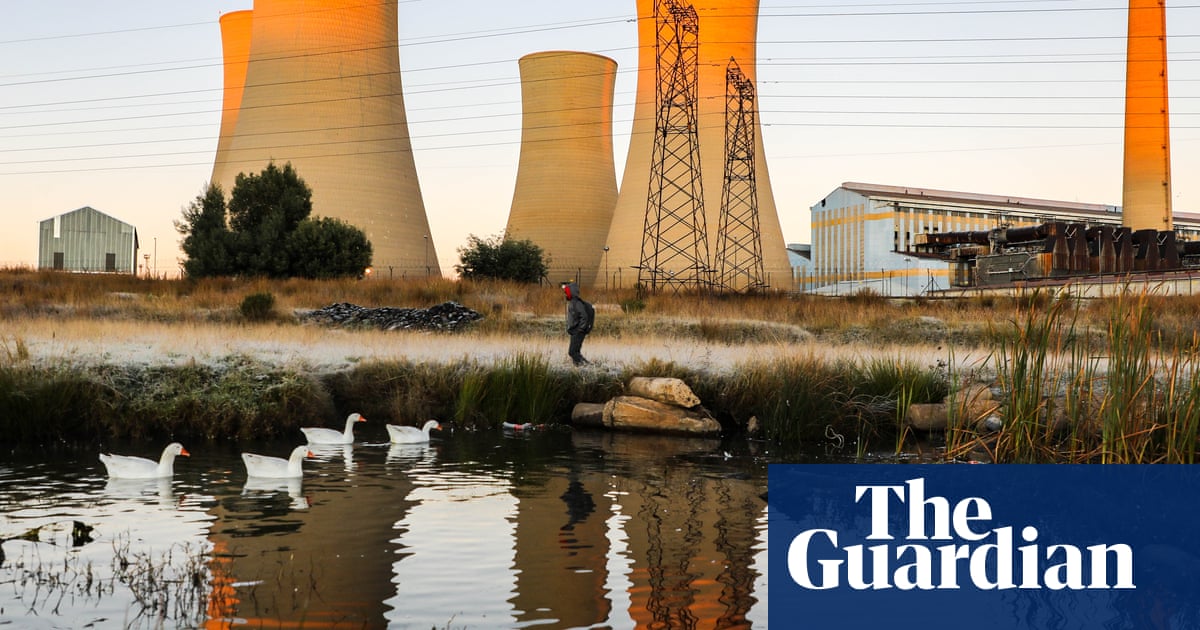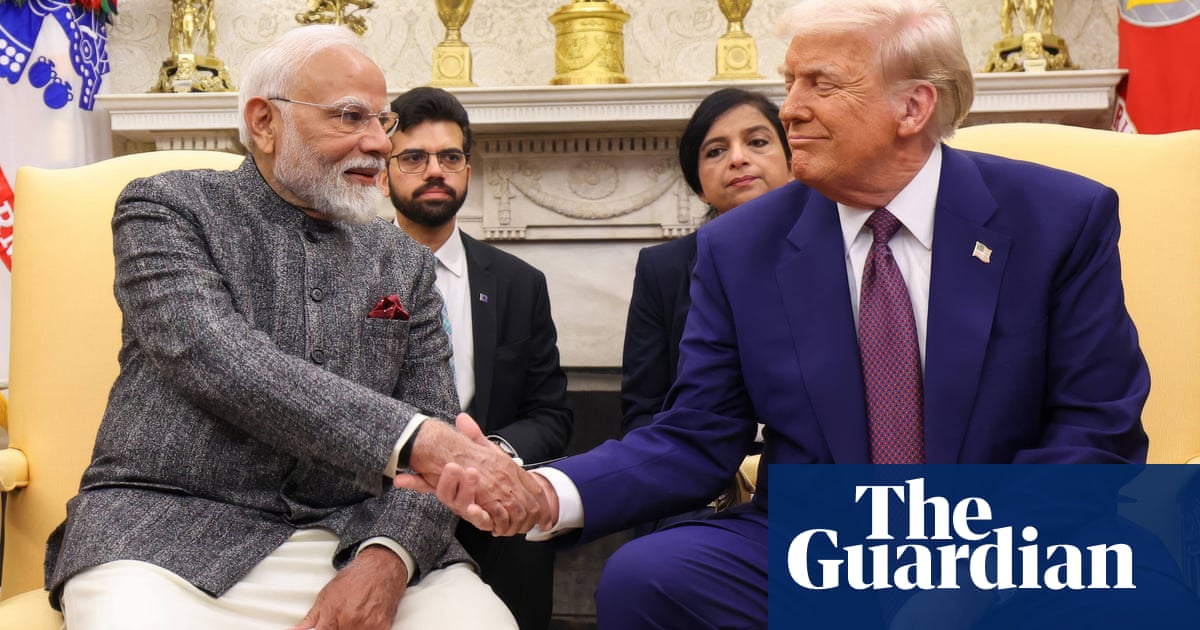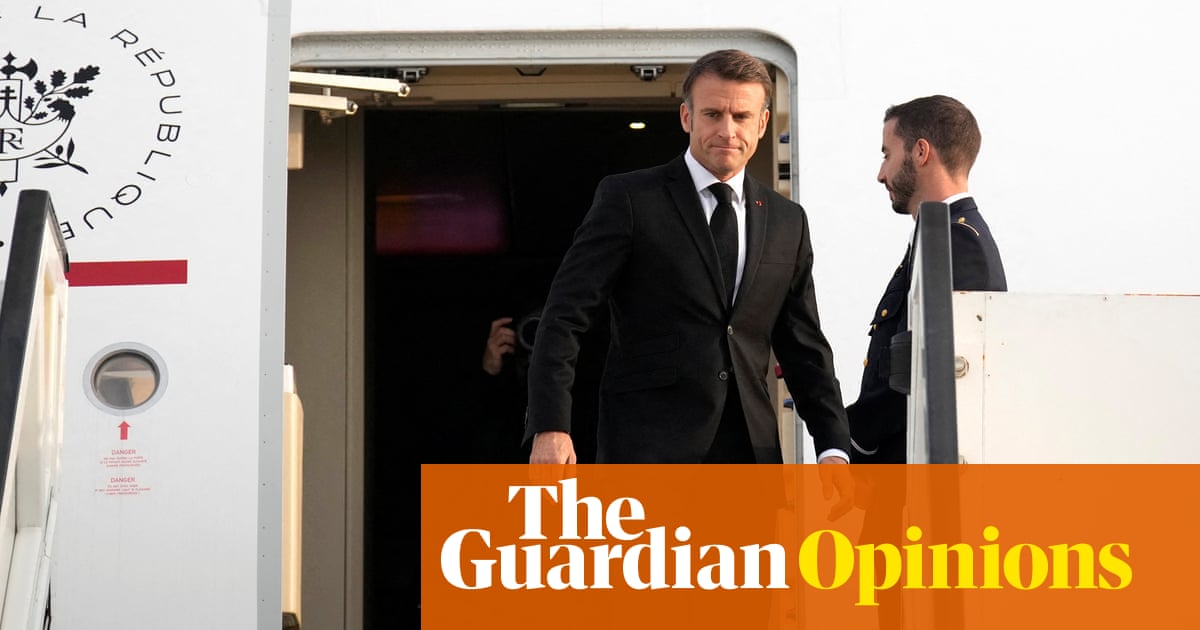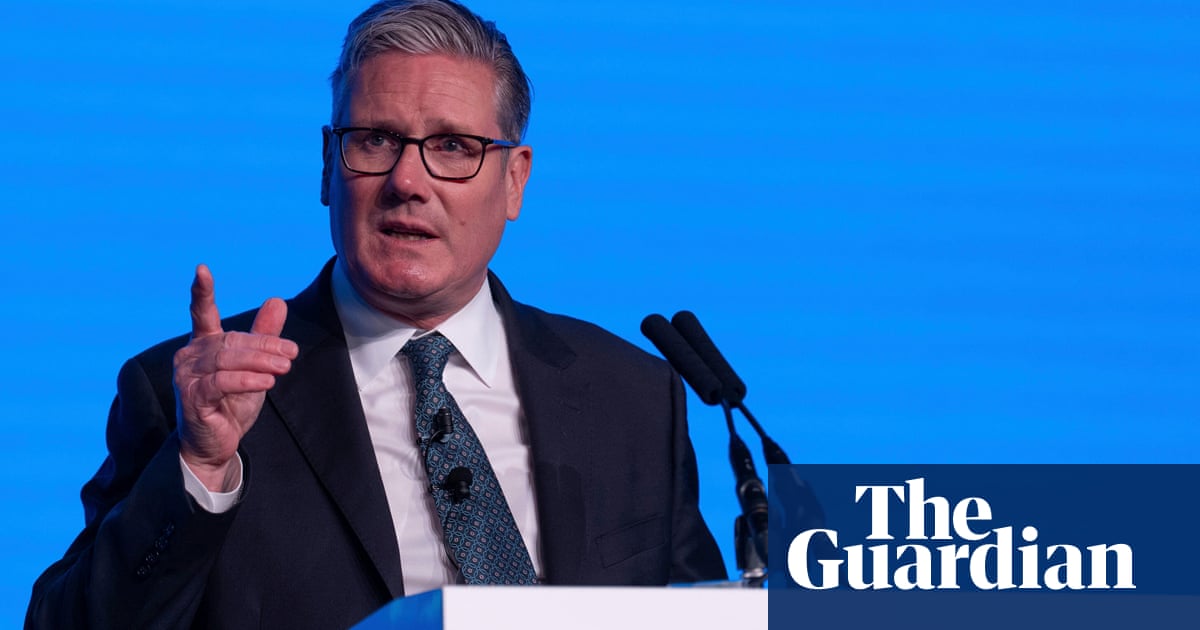It is hard to overstate the importance of Friedrich Merz’s urgent message to the nation after his win in the German elections. This, after all, is the beginning of a new, dangerous era in European security. It would be his “absolute priority”, Merz said, immediately after victory for the CDU/CSU was confirmed, to create unity in Europe as quickly as possible, “so that, step by step, we can achieve independence from the US”. He added: “I never thought I would have to say something like this on a television programme.”
Indeed. For the leader of the conservative CDU, a lifelong believer in the transatlantic security alliance, this is a significant reversal. And it is highly personal for Merz: there is hardly a more pro-American politician in Germany than the man who worked for the investment company BlackRock and was the long-serving chairman of the influential lobbying group Atlantik-Brücke (Atlantic Bridge).
That makes the unfavourable things the chancellor-elect had to say about the US government all the more remarkable. The interference from Washington in the German election campaign had been “no less dramatic and drastic and ultimately outrageous than the interventions we have seen from Moscow”, Merz said, referring to Elon Musk’s ever more frenzied support for the far-right AfD, and to the polemics of the US vice-president, JD Vance, against the CDU’s “firewall” policy, which excludes cooperating with the Putin-friendly party.
Germany was under “massive pressure from two sides”, and Donald Trump’s government was “largely indifferent to the fate of Europe”, Merz said, warning that it was unclear whether, by the Nato summit in June, “we will still be talking about Nato in its current form or whether we will have to establish an independent European defence capability much more quickly”.
The unusual frankness of his remarks reflects a deep frustration that has built up in traditionally pro-US conservative circles in Germany, particularly over interference led by Musk and Vance. Their coordinated campaign sought to undercut the centre-right Christian Democrats in favour of the far right in the run-up to the vote. Musk posted a barrage of tweets on his X platform, including some on election day. He has also tweeted his support for one of the most extreme proponents of the AfD, Björn Höcke – a man twice convicted for using Nazi slogans.
Even more intrusive were Vance’s repeated statements linking the CDU’s firewall policy, which keeps the AfD out of power, with the US security guarantee for Europe. The vice-president’s menacing message to Germany was: if you continue to exclude the far right from power, the US cannot do much for you.
It was heartening to hear the chancellor-elect refute this unprecedented meddling in Germany’s affairs. He must know that the vindictive Trump administration will most likely want to make him regret his choice of words.
There is an irony here in that Merz had tried his own brand of Trumpism just weeks ago, when he reacted to a string of violent attacks in Germany with the announcement of a tough migration policy that he would enact “on day one” of his chancellorship. He put pressure on the centre-left parties, the Social Democrats and the Greens. If they refused to support him, he would have no choice but to accept the votes of the far right for his proposals. To the shock of many, Merz’s non-binding motion (which included controversial measures such as pushing back all asylum seekers at the border) was passed with the votes of the AfD.
That left Merz with a mixed message for the rest of the campaign: he promised radical change but continued to vow non-cooperation with his far-right competition. Mainstream voters who wanted a more restrictive migration policy, but not with the help of the extreme right, were left with doubts: how trustworthy was Merz? Would he do it again? The conservatives’ underwhelming result in the election is testimony to his miscalculation.
To make matters worse, Merz had opened himself to AfD goading that he lacked the stamina to follow through and form a rightwing majority coalition. Our hand remains outstretched, the AfD co-leader, Alice Weidel, has repeated maliciously since election day, but if you keep shutting us out, we will crush you next time.
Expect to hear this tune a lot in the coming weeks. Merz’s gambit backfired. His only option now is coalition talks with the diminished Social Democrats. If both parties manage to form a government, it can hardly be called a “grand coalition” any more. The two “people’s parties” barely add up to a majority in parliament.
Yet there is an opportunity that arises from these pressures. The Social Democrats may find it easier to compromise on migration policy when in coalition with the conservatives. The next government urgently needs to exert more control on the border to counter the far-right narrative.
Merz’s blunt assessment of an emerging post-transatlantic order opens a long overdue debate in Germany. It is, indeed, a head-spinning moment for the country’s strategic defence community, a reversal of core beliefs that have guided Germany for the past 80 years.
It was the CDU that tied Germany irreversibly to the western alliance. This was a major historical achievement, because it was not at all popular at the time, especially among German conservatives who had habitually been anti-US. Konrad Adenauer, the first postwar chancellor, risked all the political capital he had when he steered a fiercely anti-western and pacifist Germany towards rearmament and Nato membership in 1955. What’s more, he rejected the alternative path suggested by the French president, Charles de Gaulle, to opt for a European defence community.
Trump has now turned Germany’s conviction on its head. All German governments from Adenauer onwards, irrespective of left or right leanings, had argued against the French project of “European strategic autonomy” for fear that it would weaken Nato. A security partnership with the US was the indispensable guarantee of peace on the continent, the thinking went. But now the US government is calling Nato into question, thereby making a more independent Europe a necessity.
The consequences are not confined to the continent. Merz wants to explore closer security cooperation with London, and he already has his eye on the UK’s nuclear arsenal, as well as France’s. What a turnaround: Germany, once proud of phasing out nuclear energy, is shopping for a new nuclear umbrella.
Ironically, these worrying turns might help Merz succeed in forming a coalition with the Social Democrats. Reforming the strict fiscal regime known as the Schuldenbremse, or “debt brake”, has always been a source of friction between them. No more. The rigid limit on borrowing, enshrined in the German constitution, must go. Everybody knows this: there is no way to replace US security protection while upholding a balanced budget.
Changing the constitutional debt brake requires a two-thirds majority in the Bundestag, which leads to the final irony: Merz will have to make a deal with the parties on the left to win their support for loosening spending. More borrowing for defence, but also for infrastructure investments. Only a conservative could do this, like only Richard Nixon could go to China.
There is quite a measure of poetic justice in this development. Merz has gone from flirting with Trumpism to easing Germany’s austerity policies in just a matter of weeks.
-
Jörg Lau is an international correspondent for the German weekly Die Zeit

 3 months ago
58
3 months ago
58




